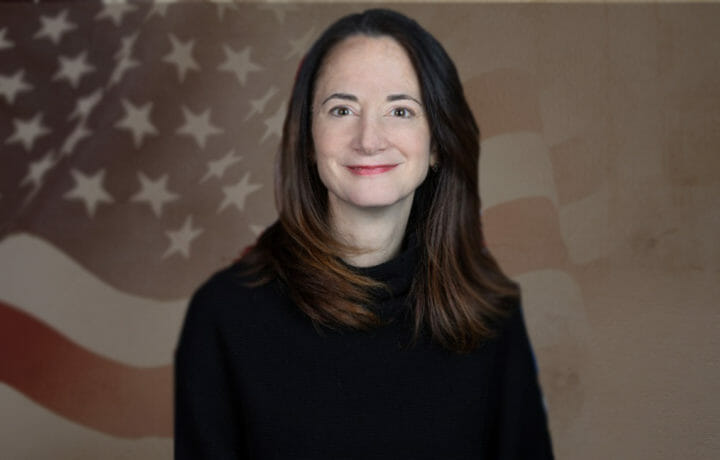On January 20, Avril Haines made history by not only being President Joe Biden’s first cabinet nominee confirmed by the Senate but also by becoming the first woman to serve as the director of national intelligence. Haines’s ascension to oversee all 17 U.S. intelligence agencies – which was created in the wake of the September 11, 2001 attacks – is unlike any of the six former directors who came before her.
Compared to past national intelligence directors like John Negroponte, James Clapper, and Dan Coats, Haines doesn’t have the same diplomatic, military, or political experience as one would traditionally expect for the role. However, her vast array of experiences, including serving as a legal counsel member in the Senate and as the first woman deputy director of the CIA, has earned both presidential and legislative trust.
The Early Years
The Haines backstory makes her an unlikely candidate to serve as the head of national intelligence. Born in August 1969 as an only child living on the West Side of New York, she spent her teenage years helping to take care of her mother, who died when Haines was 15.
Once Haines completed high school, she embarked on a series of adventures which included earning a brown belt at an elite judo academy in Japan, graduating from the University of Chicago with a degree in theoretical physics, and worked as a car and plane mechanic to make ends meet.
When then-President-elect Joe Biden introduced Haines as his nomination for the director of national intelligence position, he referred to Haines’ unique past.
“Brilliant, humble. Can talk literature and theoretical physics, fixing cars, flying planes, running a bookstore-café, all in a single conversation, because she’s done all that,” Biden said.
By the time Haines, now 51, was in her early 30s, she graduated from Georgetown Law School and began her ascent in public service.
A Governmental Career
Haines first served in the government in 2002, where she clerked on the U.S. Court of Appeals for the 6th Circuit in Cincinnati, OH. From 2003 to 2006, Haines worked on international treaties at the State Department, first in the Office of Treaty Affairs and then in the Office of Political Military Affairs.
She then joined the Senate Foreign Relations Committee as the deputy chief counsel to the Majority in 2007, where she got to know the committee chairman — Biden, then a senator from Delaware.
When Biden became President Barack Obama’s vice president, Haines followed him to the White House, working on the National Security Council.
She was so highly regarded in the administration that in 2013, Obama named her to the number two job at the CIA, even though she had never worked at the spy agency. She was the first woman to hold the title of deputy director.
She would then serve as the deputy national security officer in the Obama administration until President Trump took over in 2017. Before being sworn in as the director of national intelligence on Jan 20, she worked at Columbia University in multiple roles.
Haines’s Day One Pledge
As head of the Intelligence Community, Haines will oversee 17 agencies and organizations to gather and analyze intelligence. She will serve as the principal advisor on intelligence for President Biden on both the National Security Council and Homeland Security Council.
Haines takes over a role that consistently drew criticisms during President Trump’s time in office but isn’t expected to draw similar disapproval from the Biden administration. Her longstanding relationship with Biden along with the president’s ties with the national security establishment should help her in her new role.
In recent days, Haines has promised to tackle many national intelligence challenges over the coming months, including prioritizing countering China, bolstering cyber defenses, and anticipating the next pandemic, according to her prepared remarks during her Senate Intelligence Committee hearing. She also pledged that one of her main initiatives will be to instill trust in the intelligence community and to keep it out of politics, first promised during her confirmation hearing and again on January 21 when she was sworn as the nation’s seventh director of national intelligence.
“The mission of the Office of the Director of National Intelligence has never been more vital to our nation’s security or prosperity. At this important moment, with all of the extraordinary challenges and opportunities facing our nation, policymakers need access to timely and analytically rigorous intelligence,” said Haines in a written statement.
“The intelligent community must never hesitate to speak truth to power and to deliver intelligence driven by facts, not politics. I know it is what the President expects and demands. I am excited to begin this important work alongside such talented professionals.”




